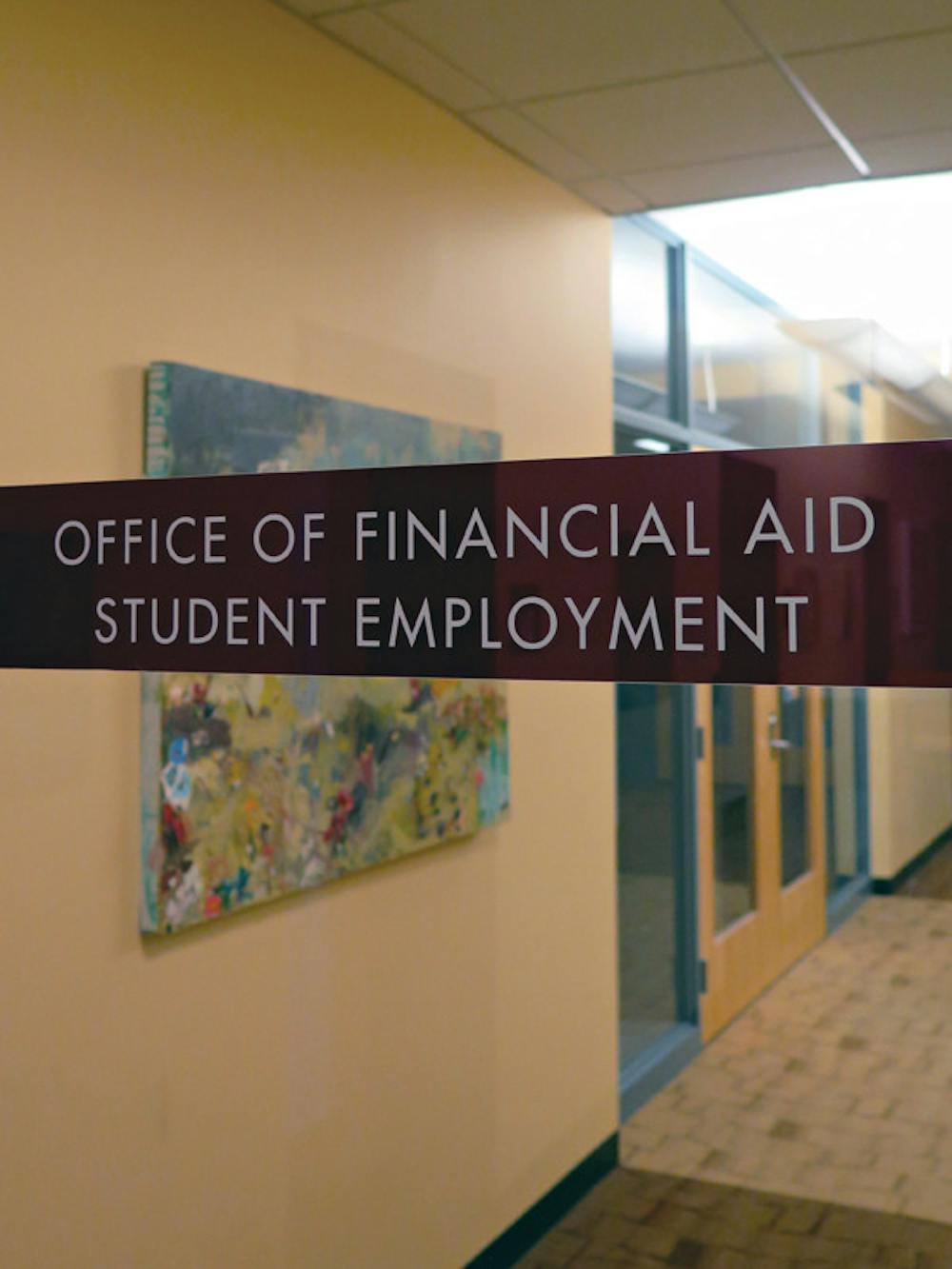International students’ financial aid packages will be reevaluated annually beginning with the class of 2018 as part of President Christina Paxson’s strategic plan. This policy will apply to international students who received University aid upon their admission, but transfer, Resumed Undergraduate Education and international students who do not apply for aid their first year at Brown will still not be able to reapply in subsequent years.
Currently, international students receive the same amount of University aid year to year, regardless of changes in financial circumstances.
The University realized this policy was “really problematic for international students” because financial situations can change drastically from year to year, said Director of Financial Aid Jim Tilton. But he added that extreme changes in need occur infrequently, with only “a few (cases) every year.”
Altered financial circumstances could result from changes in family members’ employment, natural disasters, sudden medical expenses or currency value swings, among other situations, Tilton said.
Drops in the value of students’ home countries’ currencies may also affect international students’ ability to pay college costs, said Lucie Lapovsky, principal for Lapovsky Consulting and an expert in higher education finance and governance.
Under the revised policy, all international students who seek assistance in a given year will undergo the reevaluation of their financial status, as domestic students do.
The new policy will still not treat international students exactly like domestic applicants, since the University will not allow foreign students who applied for aid but did not qualify for it to reapply, despite any changes in ability to pay.
Domestic students can receive need-based aid at any point, regardless of whether they applied for aid as first-year applicants.
But U.S. transfers or RUE students — who, like international students, are subject to need-aware admission — can have their aid packages reviewed annually only if they applied for aid for their first year at Brown, Tilton said.
This policy stems from concerns that some students subject to need-aware admission systems may decide not to apply for financial aid in order to increase their chances of getting an acceptance letter, Lapovsky said. She added that most universities follow an approach similar to the policy Brown is now phasing out — setting aid packages for international students at the outset of their time in college.
Despite the restrictions, some students said the revised policy for international students is fairer and more flexible than before.
Julmar Carcedo ’16, a Filipino student who receives a full scholarship from the University, said many international students struggle as a direct result of the current policy. Some students take on significant loans to pay for their education, while others take a leave of absence from Brown until they can afford to continue. Some students also petition for advanced standing so that they may graduate early, he said.
Both Carcedo and Burak Ceyhun Karaca ’17, who is from Turkey, said the current policy can make visa applications difficult for students with initially low financial aid packages or who receive no assistance during their first year.
Getting a visa is “easier if you’re on financial aid because you need to be able to prove that you have the funds to complete your education,” Karaca said.
He added that the existing system “is just assuming that my financial aid situation will not change,” which is far from certain for some students over a four-year period.
Alex Mechanick ’15, president of Brown for Financial Aid, called the new policy more “flexible,” adding that he worked on the reform while serving on the strategic planning Committee on Financial Aid. The program is “cheap,” he said, because it allows students whose need increases to receive more aid, but also decreases the packages of any students whose financial situations improve.
“If something wonderful changes for (one) family, it means their financial aid can be adjusted so someone else can come to Brown,” said Olivia Del Balzo ’14, president of the Brown International Scholarship Committee, an organization that raises funds for international students’ tuitions. “It’s much more effective to have a flexible system.”
Despite not allowing some students to apply for aid after their first year, the University continues to “work toward” universal need-blind admission, according to the strategic plan.
“One of the areas that the University has been paying close attention to … is the importance of being need-blind for all students,” Tilton said, adding that need-aware policies for international, RUE and transfer students are “something we continue to review.”
Until Paxson became president, BISC was at odds with administrators over the importance of going need-blind for all students, Del Balzo said. Now, due to encouragement in the strategic plan and a greater sense of shared goals with administrators, BISC’s “agenda has shifted,” she said.
With the administration’s increased commitment to need-blind admission, BISC can focus less on raising awareness of Brown’s need-aware admission policy toward international students and more on fundraising to help foreign applicants afford a Brown education, said Ignacio Semerene ’15, BISC vice president.
While the new reevaluation process for international students’ financial situations “is a small step on the way to becoming need-blind,” Mechanick said the University should continue to work toward accommodating all students’ financial needs.

ADVERTISEMENT




